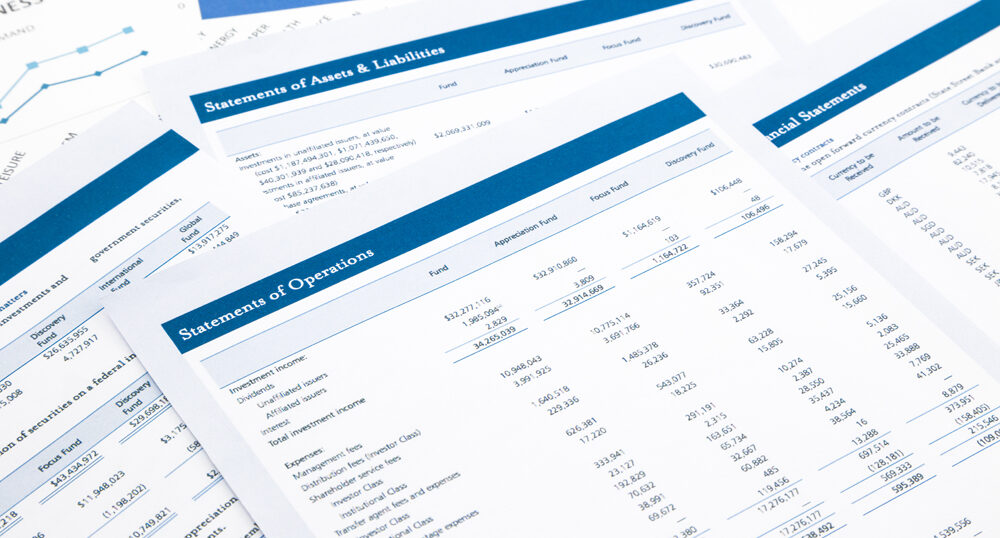After expanding overseas, there is always a problem with the management of overseas corporations. If management is not sufficient, troubles may be found at the time of settlement. Consolidated results of overseas subsidiaries are summarized below.
目次
Reasons for Difficulty in Consolidated Accounting of Overseas Corporations
Overseas corporations are in a position to have a capital and management relationship with each other, but they operate overseas in a practical manner. Therefore, local staff sometimes take charge of accounting. However, if you don’t understand the business at the head office in Japan, there may be problems, so you need to be careful.
When expanding overseas, it is essential to consider how to support overseas corporate accounting from Japan. Local accountants are not always fluent in Japanese. Therefore, it may be difficult to follow up closely from the head office in Japan. Also, because they are not familiar with the accounting situation in foreign countries, they often entrust the settlement of accounts to the local audit corporation.
As a result, problems are more likely to be found at the time of the parent company’s accounting. In general, if the parent company’s financial statements are in March, the financial statements of the subsidiary will be sent to the parent company. However, it is not unusual that the financial statements that are supposed to be sent to you do not arrive.
There may also be problems with the financial statements sent from overseas subsidiaries. In some cases, misrepresentation by subsidiaries is discovered at the stage of preparing financial statements based on the submitted financial statements.
It is possible that overseas subsidiaries are audited by inflexible local audit firms. There may be inconsistencies and misunderstandings between the audit and the local accountant, which can lead to financial results.
There are differences in the obligation of accounting audit depending on countries. In Thailand, for example, in principle, all corporations are required to have a statutory audit by a certified public accountant. Let’s discuss the audit schedule with the local audit corporation at an early stage.
exchange rate in the financial statements
When the financial statements of overseas corporations are included in the consolidated financial statements, exchange rate issues are also involved. Financial statements of overseas subsidiaries are basically prepared based on foreign currencies. However, the settlement of accounts in Japan is done in Japanese yen, so the issue is how to translate into Japanese yen.
The exchange rate for Japanese yen is changing daily. It is possible to accurately translate all transactions with overseas subsidiaries into Japanese yen at the current exchange rate, but this is too cumbersome and impractical in practice.
Accordingly, a variety of foreign currency translation methods are permitted under accounting principles. In principle, the balance sheet accounts are translated at the year-end rate, while net assets are translated at the rate at which they arise.
On the other hand, the Company translates the income statement at the average rate for the period or the rate at the balance sheet date. However, transactions with the parent company are translated at the rate used by the parent company.
For currency translation, gains and losses from changes in exchange rates are recognized and accounted for as translation adjustments. The foreign currency translation adjustments represent cumulative foreign currency translation effects of investments in foreign companies. Naturally, the amount changes from day to day due to exchange rate fluctuations.
Foreign currency translation adjustments represent gains and losses that are not currently realized. However, it is a potential gain or loss that you expect to realize in the future, so you need to know the amount for future realization.
For managing overseas corporations

If it is not possible to have a manager other than the top manager in an overseas corporation, the management work may not be sufficient. Problems in the financial sector, such as the failure to manage and check debts and credits, can cause serious trouble.
In order to eliminate troubles and misconduct at overseas subsidiaries, it is important to show the parent company’s stance of not overlooking even minor mistakes and misconduct. Specifically, let all staff know the code of conduct and the checking system. Regular training is also an effective way to maintain staff quality.
Furthermore, the administrative divisions of overseas subsidiaries are required to have a system that enables them to make regular reports and to make frequent reports when problems arise. The financial statements of overseas corporations are also one of the documents to properly show the financial condition of the company. You should carefully check and understand the financial statements of overseas subsidiaries, and if possible, you should go there. It is also effective to confirm the contents of financial statements and the actual items in the field to demonstrate the monitoring function of the head office.
Summary
In order to grasp the situation of the entire corporate group, it is necessary to prepare consolidated financial statements including those of overseas corporations. In particular, consolidated accounting is a common practice at listed companies, and is essential for the decision-making of group management. The management and control functions of the head office may not work well for overseas corporations due to geographical or language problems.
A detailed management system is required not only for consolidated accounting but also for smooth management of the Group. If we rely too much on local top management for the management of our overseas subsidiaries, the monitoring and auditing functions of management may not function properly.



